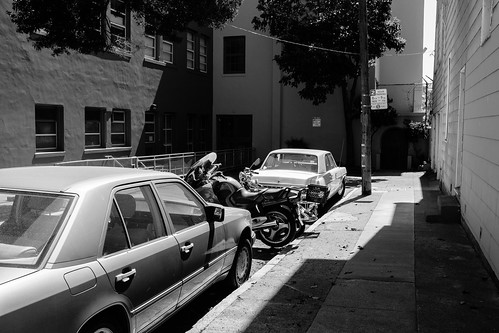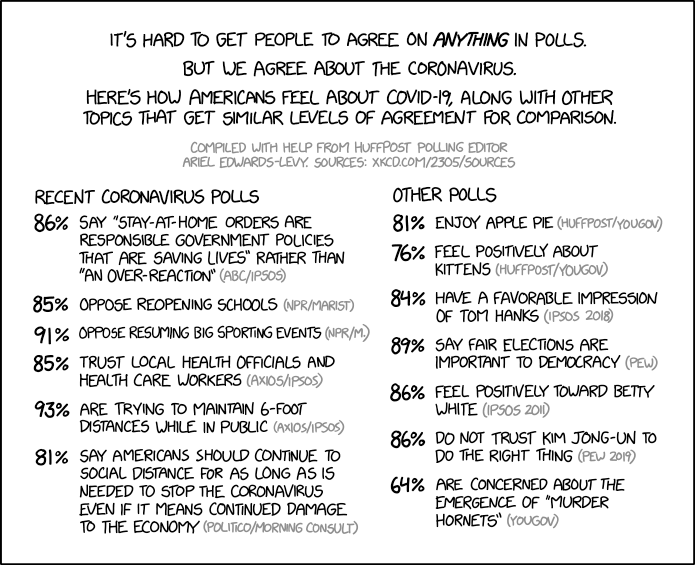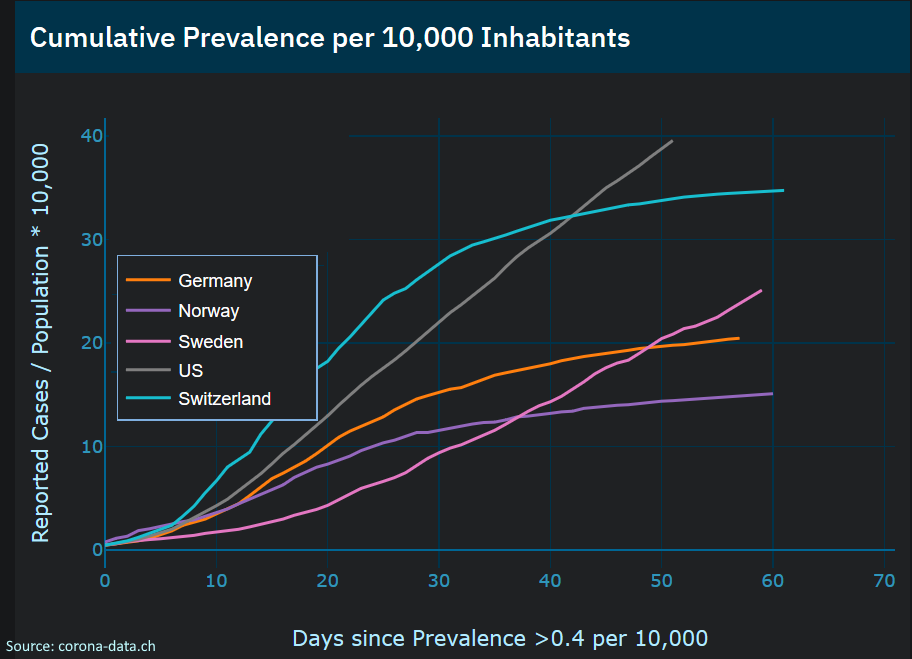What grinds my gears the most about the Dominic Cummings affair (Cumgate, oh how we laughed) is his insistence that a routine childcare problem was a circumstance so exceptional it required him to decide, as the Man of the Household, to flout the rules everyone else has endured. But this piece is not about childcare. It is not about the extreme lengths to which elite men will go to avoid looking after their own goddamn kids. It is about male violence.
The exceptional circumstance which Cummings claimed as his excuse to flee London while contagious with a deadly virus was a hard-won exception, fought for by activists and experts in the face of initial government indifference and then belated, patronising acquiescence. But let me put into words the bit about the “exceptional circumstance” we assume doesn’t need saying because it’s as obvious as air; this exception is to deal with men’s violence against the women and children of their household.
When lockdown started and required everyone who wasn’t a key-worker to stay at home, women’s shelters around the UK pointed out at first calmly – assuming it was just an oversight by the Prime Minister’s all-male inner team – and then increasingly loudly, the obvious truth our society thinks too normal to plan for or even mention; that violent men routinely injure, rape and kill the women and children locked into their households. Lockdown meant lock-in for the women and children shut in with angry, confined and – as consumption patterns quickly showed – drunk men.
Do you remember the half news cycle back at the start of lockdown, the violent deaths of a whole family for which the police were not seeking a suspect? Probably not. Two women a week, dead. It’s just normal. The operation and ultimate outcome of male authority and rage in the confines of the family home is so normal it’s not news, it’s not exceptional, it’s not even worrying or problematic. It’s just a one-off tragedy, every single time. Twice a week. Every week. So you see, after a while, don’t you, that it is effectively government policy.
Which is why activists had to strain every muscle and shout as loud as they could to get the exception introduced into lockdown that women and children may still flee violent men. Even if the government had long since shut most of the shelters they could flee to.
So for the architect of lockdown, the “brains” behind the policy that didn’t for a moment consider it significant or worrying that more women and children would be murdered, to use this hard-won, life-saving exception as the justification for fleeing London because he couldn’t find a babysitter, is disgusting. I write for my living and I don’t have a better way to describe how grotesque that is. [click to continue…]



